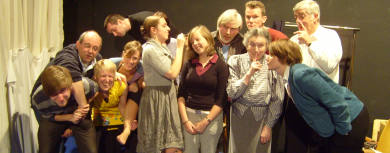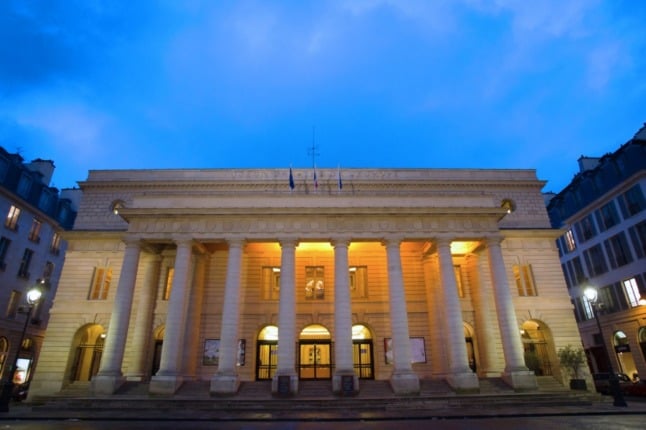The event, running from May 9th to 12th, will be hosted by Sweden’s oldest English-language amateur theatre group, The Stockholm Players.
“We’re very excited about welcoming more than 200 fellow thespians here for the first time.” said Tom Howland, The Stockholm Players chairperson, in a statement.
“However, we’re most proud of being able to offer twelve plays plus a full fringe festival to English and Swedish speaking Stockholm audiences over one weekend.”
With amateur theatre companies from twelve European countries competing for a range of awards, the festival promises plenty of drama.
British Ambassador Andrew Mitchell is the patron of the festival. As a former member of one of the German groups competing, he has first-hand knowledge of the value of the festival for engaging in cultural exchange and striking up new acquaintances.
“I’m honoured to be part of the Festival and look forward to seeing the competition” he said.
Another patron, Stockholm’s cultural commissioner, Madeleine Sjöstedt, is also eager to underline the importance of the festival.
“These types of events are very important to us in our quest to market Stockholm as the Capital of Scandinavia,” she said.
FEATS 2008 takes place from May 9th to 12th at Dieselverkstaden in Stockholm.
More information: Festival of European Anglophone Theatrical Societies
Ticket booking: Stockholm Players



 Please whitelist us to continue reading.
Please whitelist us to continue reading.